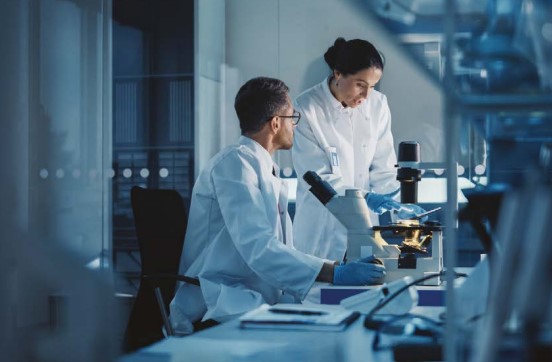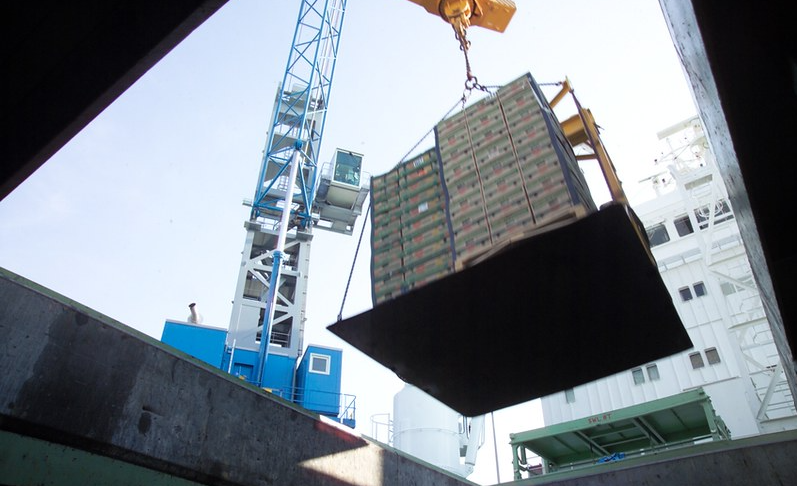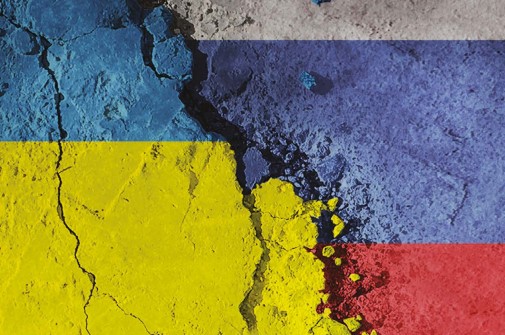Cases of monkeypox continue to be confirmed and suspected in a number of non-endemic countries in the largest recognised outbreak of this virus among people with no travel history to West or Central Africa, where the disease is endemic.
Though typically spread by contact with an infected animal, person-to-person cases are increasing. As of 25th May, data from the Johns Hopkins Center for Health Security shows 229 cases confirmed in 19 countries, including Australia, Austria, Belgium, Canada, Czech Republic, Denmark, France, Germany, Israel, Italy, Netherlands, Portugal, Slovenia, Spain, Sweden, Switzerland, United Arab Emirates, the UK, and the US – and at least 88 more cases are suspected, including in additional nations (Argentina and Finland).
As at 26th May, the UK Health Security Agency confirmed a total of 85 cases of the virus in England. There are three confirmed cases in Scotland, one in Wales and one in Northern Ireland, taking the UK total to 90.
Monkeypox is not the next Covid, but the pandemic may be responsible for the speed of its spread, according to testing experts at London Medical Laboratory
“So far, there seems little need for UK-wide testing in the same way we did for Covid,” Dr Quinton Fivelman, chief scientific officer at London Medical Laboratory explains. “That’s because monkeypox, though a serious disease, is not usually life-threatening and the characteristic rash is quite distinctive.
“Initial estimates put the risk of fatality from the strain of monkeypox present in the UK at around 1%, though it is obviously a painful, unpleasant disease that must be taken seriously. There is a different and much more lethal monkeypox strain present in central Africa, thought to kill up to 10% of patients, but this is not believed to be in the UK or Europe currently.”
Fivelman says the virus is also less likely to mutate than SARS-CoV-2.
“The World Health Organisation has confirmed that mutations tend to be typically lower with this virus, which means that it is less likely to evolve new ways to spread through populations as rapidly as Covid did. The WHO says it has no evidence that the monkeypox virus has mutated and, although it’s endemic in west and central Africa, it has tended not to change significantly.
“However, if the virus does become of greater concern, widespread testing for it would present some challenges. Diagnostic PCR tests became well-known during the pandemic, using nose and throat samples to detect the presence of Covid. To detect the monkeypox virus, doctors also use a PCR test, taking samples of the fluid-filled blisters and scabs on the skin. The sample then goes to a lab, where testing is carried out to determine the presence of the monkeypox virus.”
At the moment, it is thought that such samples should be kept refrigerated, unlike with Covid tests – something that presents a logistical problem with samples sent via post.
“Of equal concern is that, as a WHO-designated Risk group 3 pathogen, these samples need to be treated carefully. The smallpox vaccine is thought likely to prove at least 80% effective against monkeypox as they are closely-related viruses. Here in the UK, we stopped regularly vaccinating against smallpox way back in 1971. Anyone under the age of 50 is unlikely to have been immunised.
‘America’s Center for Disease Control says that where possible, only vaccinated people (ie. smallpox vaccination within the past 10 years) should perform laboratory work that involves handling specimens that may contain monkeypox virus,” Fivelman notes. “It says non-immunised people must use increased personal protection equipment and improved practices should be followed to further reduce the risk of exposures. Obviously, this presents a problem for UK doctors, health workers and phlebotomists coming into regular contact with these PCR tests, the majority of whom will never have received a smallpox vaccination.”
While monkeypox and Covid are entirely unrelated viruses, Fivelman believes it is possible that Covid coincidentally paved the way for the global surge in monkeypox cases.
"That’s due to two factors,” he explains. “Firstly, Covid-19 may have left some people with weakened immune systems. New research from scientists in Cambridge indicates that some Covid patients show profound alterations in many immune cell types that persist for weeks or even months after Covid infection. This could lead to people with weakened immune systems being more susceptible to diseases such as monkeypox.
“Secondly, there is some evidence that many of us, even those who have never caught Covid, have less resistance to viruses because we have been out less and interacted less with other people during the pandemic. We’ve all been masked-up and had less exercise and exposure to the protection offered by sunshine’s vitamin D. Certainly for children, this lack of exposure to new viruses won’t have helped build robust immune systems.
“Another way Covid may be influencing the spread of monkeypox is through international travel. For many months, this was at a virtual standstill during the pandemic. Now it is once again largely unrestricted, families and friends from across continents are reuniting all at once. That presents a great opportunity for any opportunistic virus to spread.”
Unlike the Covid-19 virus, the monkeypox virus is made of double-stranded DNA, which means that it is larger and heavier and unable to travel in the air as far as the tiny, single-stranded Covid RNA virus.
The WHO says there is no evidence that the virus circulating now, which belongs to the West African clade, has mutated, based on genome sequencing of several cases; and that the current outbreak in non-endemic nations should be brought under control through contact tracing and isolation.
Monkeypox endemic countries are: Benin, Cameroon, the Central African Republic, the Democratic Republic of the Congo, Gabon, Ghana (identified in animals only), Ivory Coast, Liberia, Nigeria, the Republic of the Congo, Sierra Leone and South Sudan.
Printed Copy:
Would you also like to receive CIR Magazine in print?
Data Use:
We will also send you our free daily email newsletters and other relevant communications, which you can opt out of at any time. Thank you.











YOU MIGHT ALSO LIKE